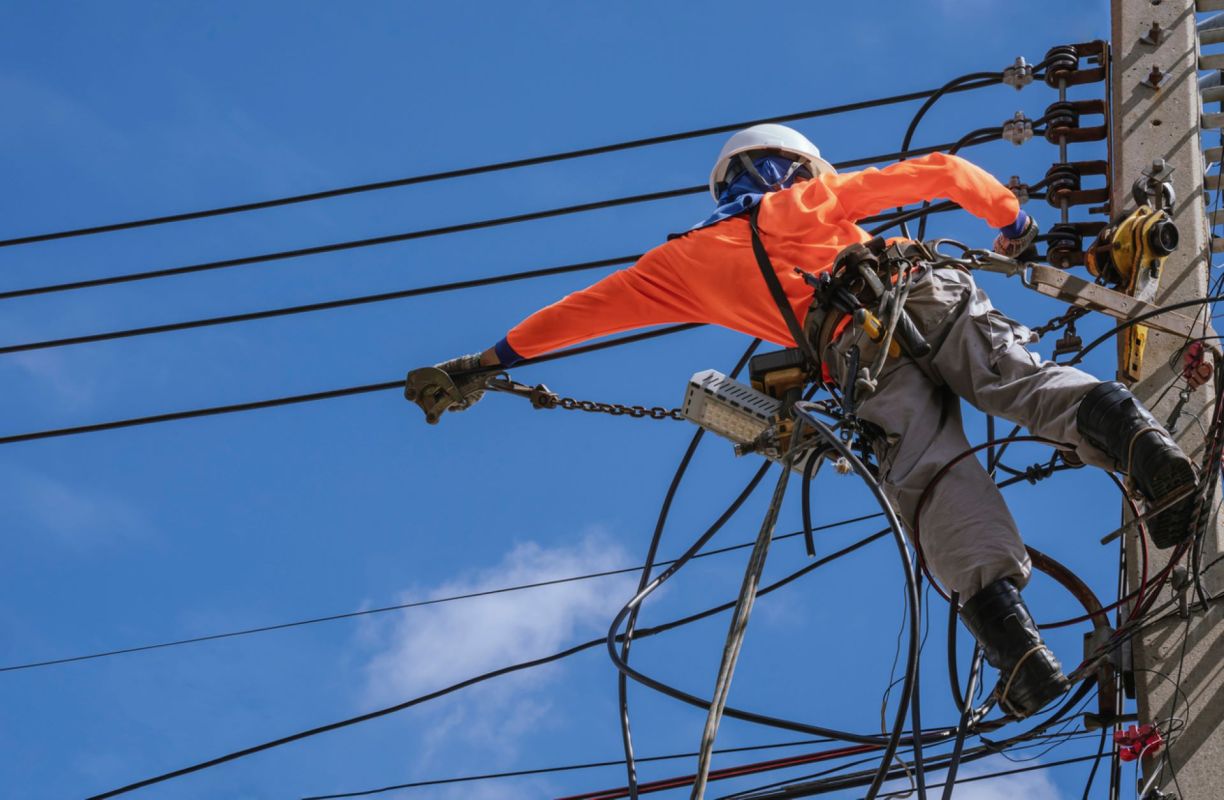A New York Times opinion piece put the spotlight on a troubling billing scheme allegedly used by some of the nation's utility suppliers.
If true, it's evidence that some companies are putting renewable energy in the backseat in favor of dirty energy sources — possibly on your tab.
What's happening?
Energy and Policy Institute executive director David Pomerantz wrote in the Times that utility companies could be tacking lobbying costs, public relations fees, and trade association dues onto bills.
Those line items are now prohibited by law from being billed to customers in at least Colorado, Connecticut, and Maine, and Pomerantz encouraged more states to follow suit.
"[A]round the country, utility companies are using their outsize political power to slow down the clean energy transition, and they are probably using your money to do it," he wrote in the op-ed.
As an example, the institute cited cases in multiple states in which customers allegedly paid for "ghost candidates," advocacy campaigns, and even bribery. In one case, the company was ordered to pay a steep penalty.
"Electric utilities should be prohibited from using ratepayer money to bankroll their political slush funds," Florida U.S. Rep. Kathy Castor said in the institute's report.
It's something that state regulators should be catching, but Pomerantz claimed that some of the large utilities have powerful legal teams that help the companies skirt the scrutiny.
Why is it important?
There is significant money being pumped into renewable energy efforts. Global renewable energy and "clean" technology investment could surge to $1.7 trillion in 2023, according to the International Energy Agency.
What's more, renewable energy in the U.S. is on an upward trend, accounting for 20% of the country's electricity. The Energy Department lists wind, hydro, and solar as the top three sources.
The Inflation Reduction Act provides incentives for renewable investment. The opportunity for growth — and even profit — is ample.
Pomerantz claimed, however, that certain utilities seem interested only during specific circumstances.
"They will support a clean energy transition only if it happens exclusively on their terms and at their pace — a stance at odds with the scope and urgency of the herculean task of decarbonizing our electric grid," he wrote.
What's being done to help?
Castor and other lawmakers are introducing more legislation designed to crack down on utility companies "recovering political expenses" from customers, according to the institute.
At home, you can research options to buy clean energy. The Energy Department reported that about 50% of customers can buy renewable energy from their supplier. If your hometown doesn't have that option, there are certificate programs that allow customers to support the renewable market.
With a little research, you can have more power over the energy coming into your home.
Join our free newsletter for cool news and actionable info that makes it easy to help yourself while helping the planet.









